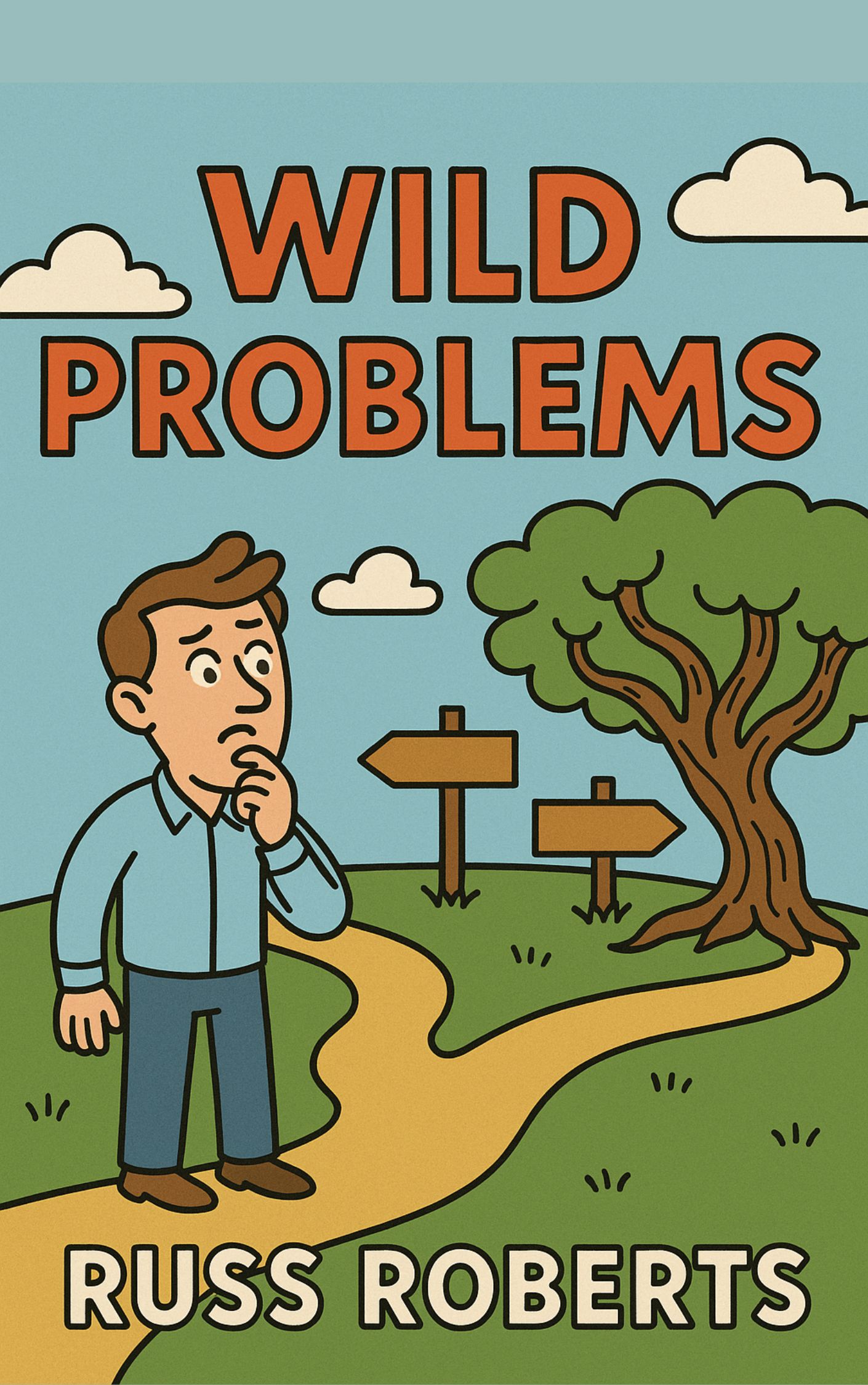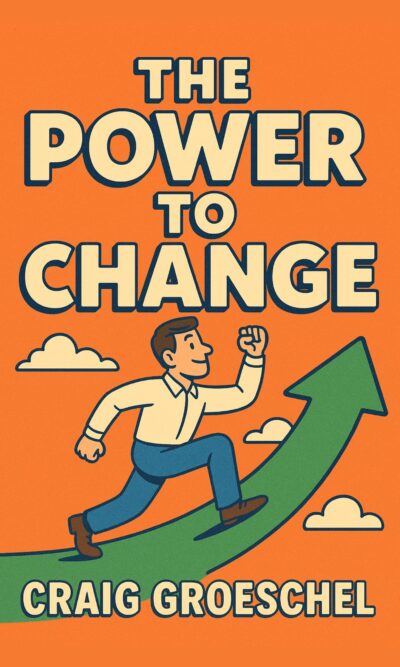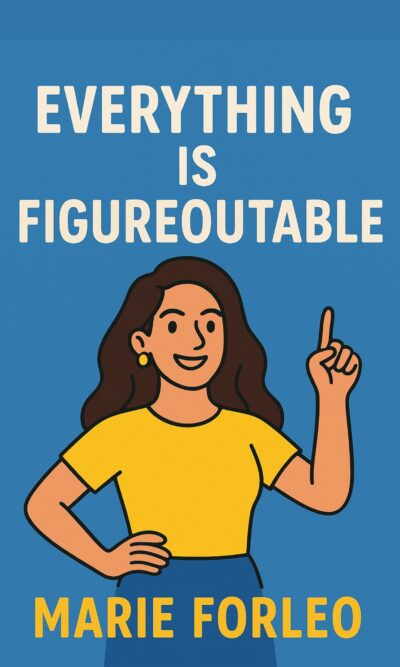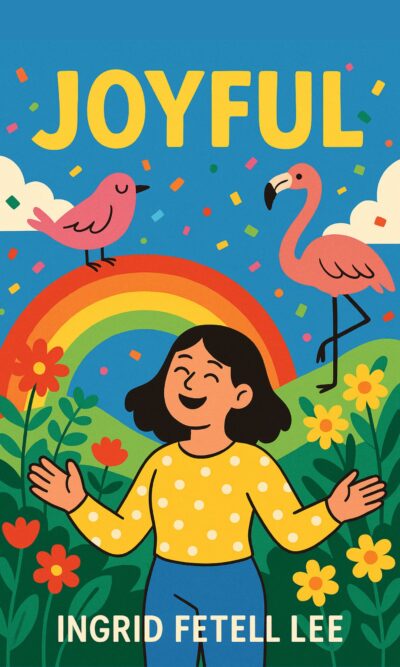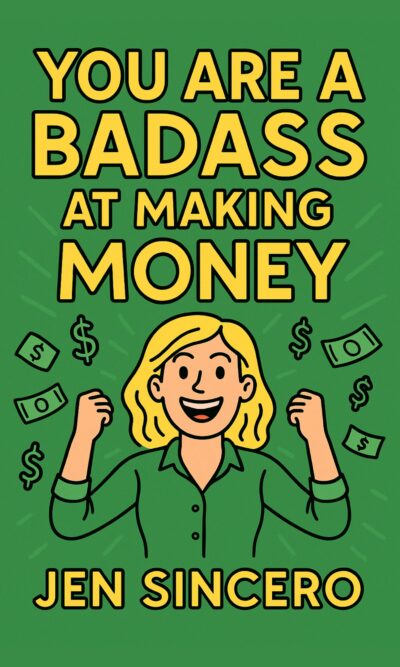Description
Some problems in life are easy to solve. If you need the fastest way to the airport, you can check a map. If you want to know the best restaurant in town, you can read reviews. These are what Russ Roberts calls “tame problems.” They have clear solutions, and you can figure them out with facts, logic, and advice.
But then there are “wild problems.” These are the big, life-shaping decisions that have no clear answer: Should you get married? Should you have children? Should you change careers or move to another country? You can’t fully know what these choices will feel like until you experience them. And once you make them, they often change you in ways you can’t reverse. A simple pro-and-con list won’t capture their true impact, because some things can only be understood by living them.
Roberts uses the idea of the “vampire problem” to explain this. If you’re deciding whether to become a vampire, you can imagine what it might be like, but you won’t truly know until you become one. And once you do, you can’t go back. That’s what makes wild problems so tricky — you can’t test them without committing to them.
When faced with such choices, Roberts suggests aiming for “flourishing” rather than just seeking pleasure or avoiding pain. Flourishing, an idea from ancient Greek philosophy, means living a rich, meaningful, and authentic life. It’s about beauty, integrity, and purpose — even if that sometimes involves struggle and discomfort. Raising children, for example, can bring deep joy but also great challenges. On paper, the difficulties might outweigh the benefits, yet the lived experience can be profoundly rewarding.
Historical figures like Charles Darwin and Franz Kafka tried using pro-and-con lists to decide on marriage. Darwin worried it might hold back his career but chose to marry anyway, leading to a happy family life and lasting achievements. Kafka decided to remain single and focus on writing, and he too left a powerful legacy. They made opposite choices, yet both flourished because each followed a path true to themselves.
The key is to be guided by your principles. Ask yourself: “I am the kind of person who…?” and finish the sentence. Your answer might be, “I am the kind of person who tells the truth,” or “who helps friends in need,” or “who stands by my commitments.” Once you know these core principles, let them guide your decisions. Roberts shares the story of a hotel worker named Teodora who returned a lost diamond earring to a guest. She could have kept it, but she saw herself as an honest person, and that guided her choice — even when there was no reward.
Another important lesson is to avoid being paralyzed by the fear of making the wrong choice. NFL coach Bill Belichick offers a useful example: when drafting new players, he often trades high early picks for several later ones. This keeps his options open and allows him to adjust later. In life, this “optionality” means trying more things, knowing you can change course if needed. You can switch careers, end a relationship, move to a new city, or take a different path when something isn’t working.
The truth is, you’ll never have all the information you want before making a big choice. The only way to really know is to try. And when things go wrong — as they sometimes will — forgive yourself, learn from the experience, and move forward.
Author William Faulkner once described writing as letting characters lead the way, then shaping their story through revision. In life, you can approach your own path the same way. Let curiosity lead you, explore what feels meaningful, and refine as you go.
In the end, decision-making about wild problems should not be about calculating the greatest benefit. Instead, it should be about protecting your sense of self, living by your principles, and being willing to learn through action. If you do that — and give yourself permission to start over when needed — you create a life that is not only lived, but truly well lived.

